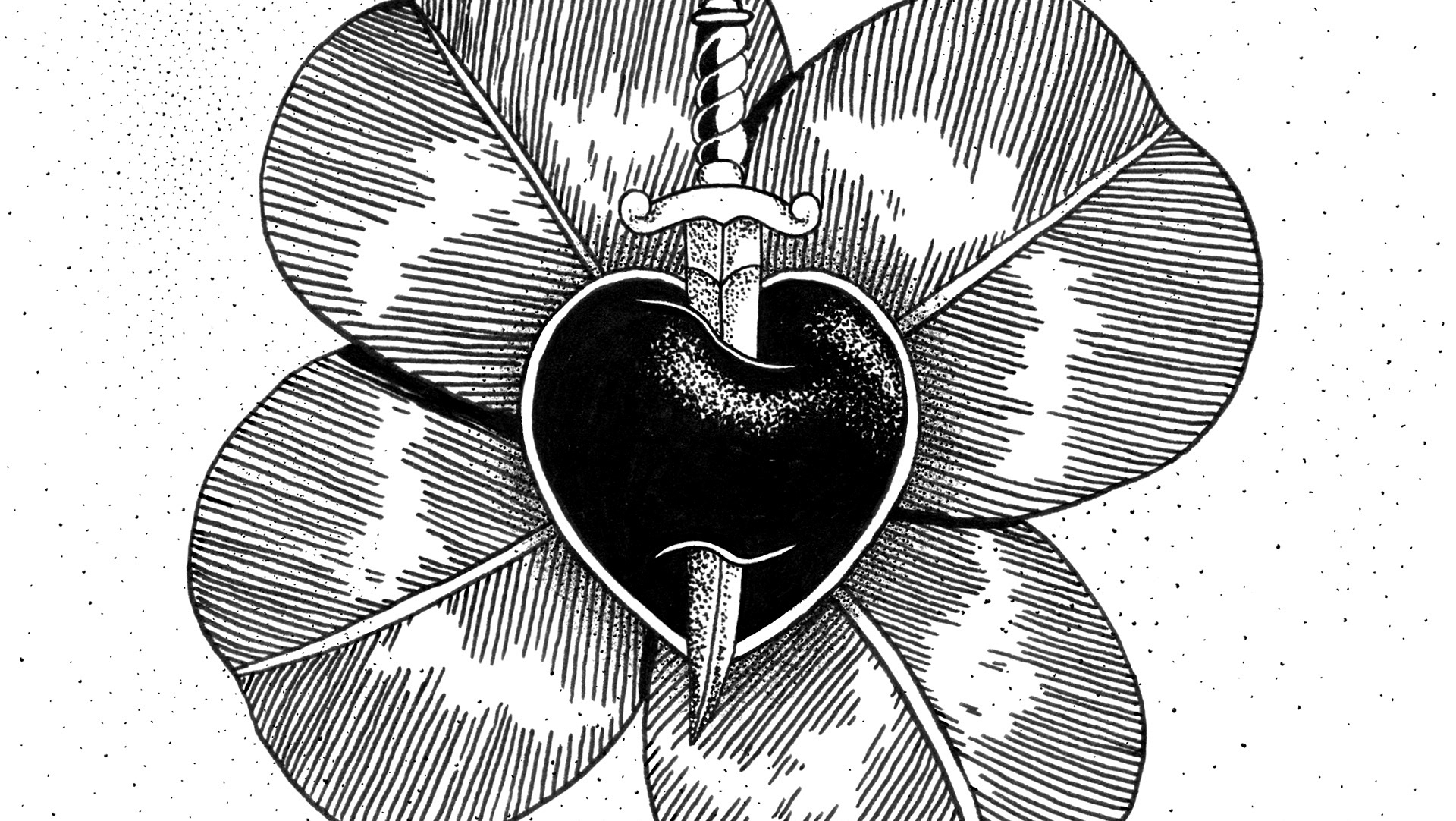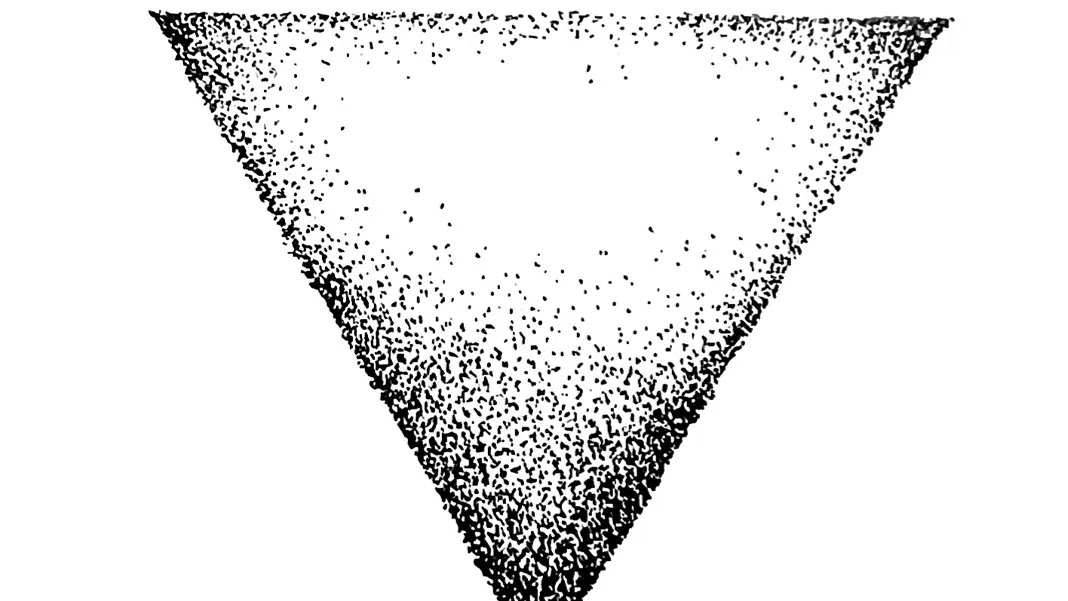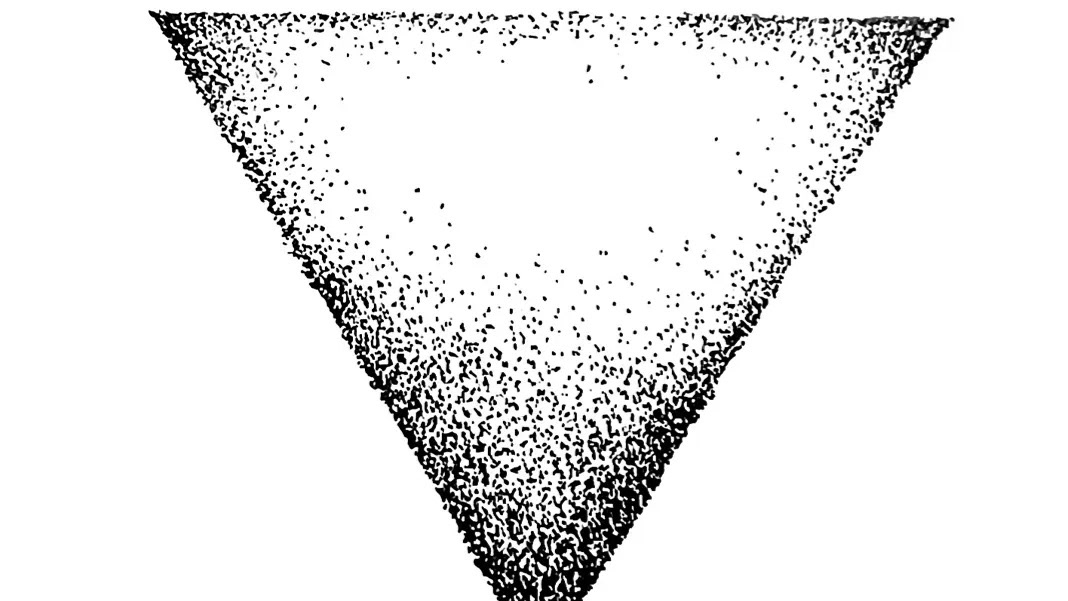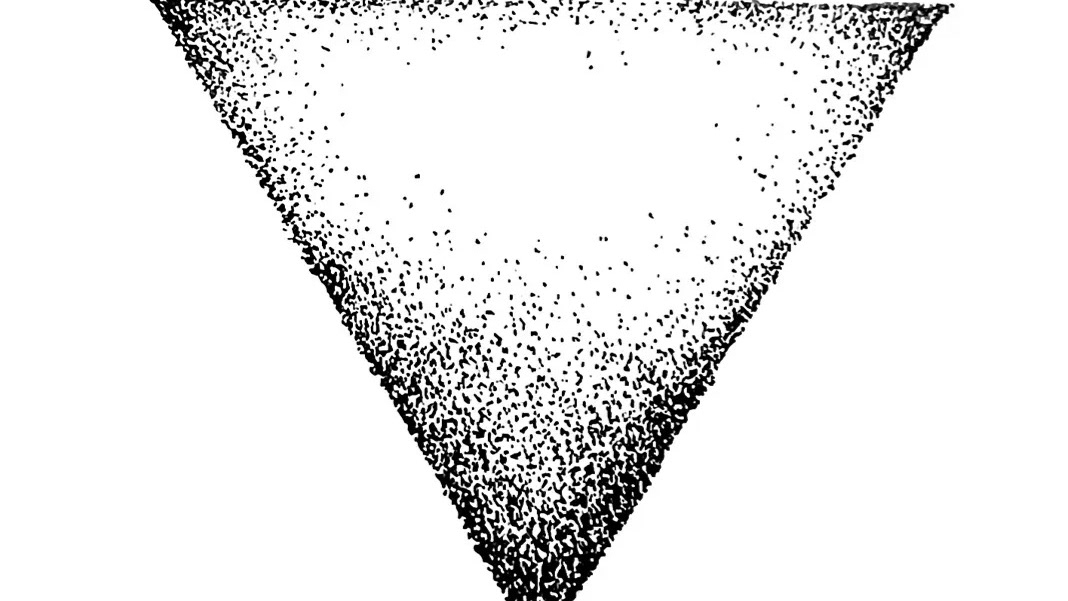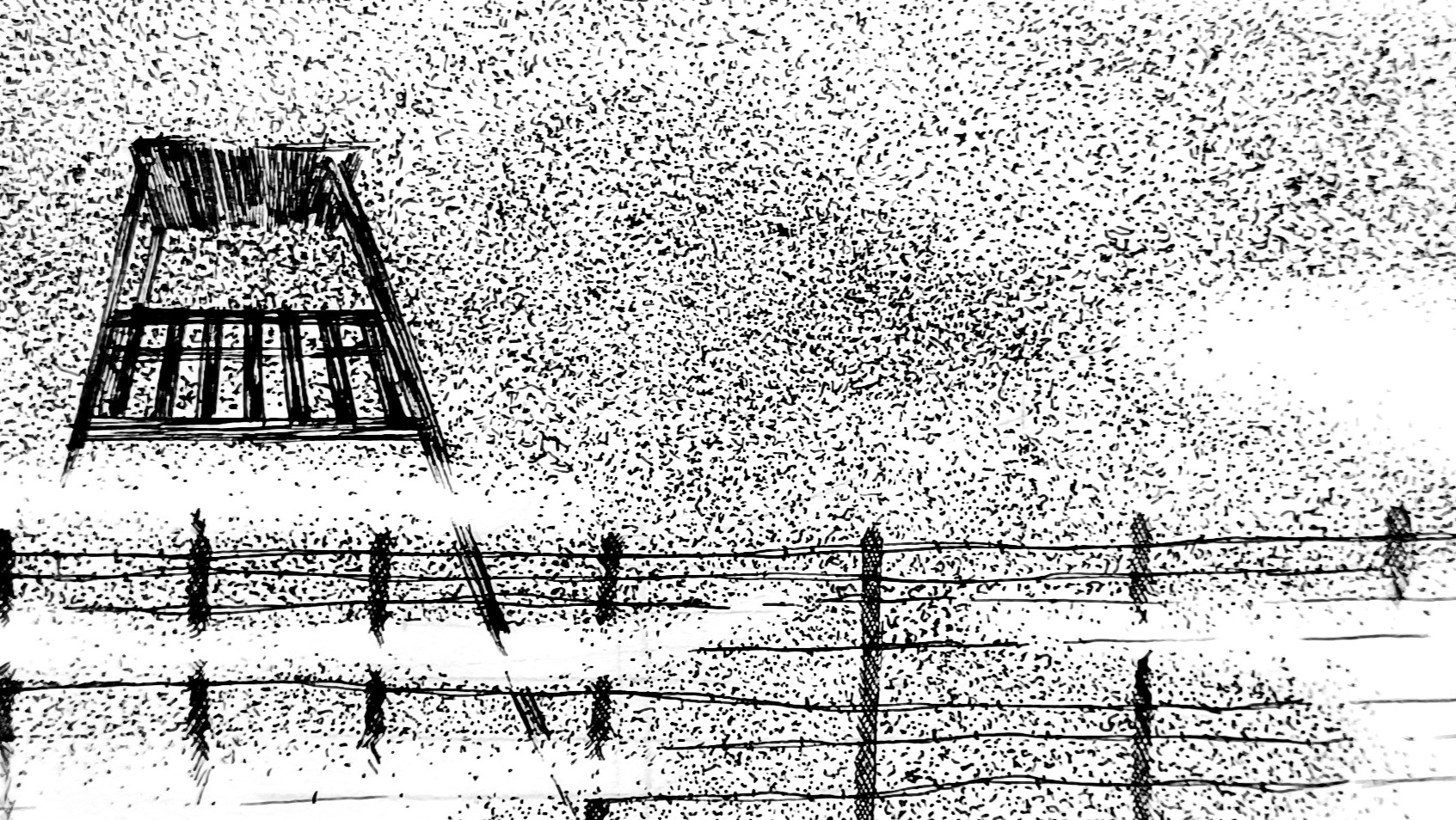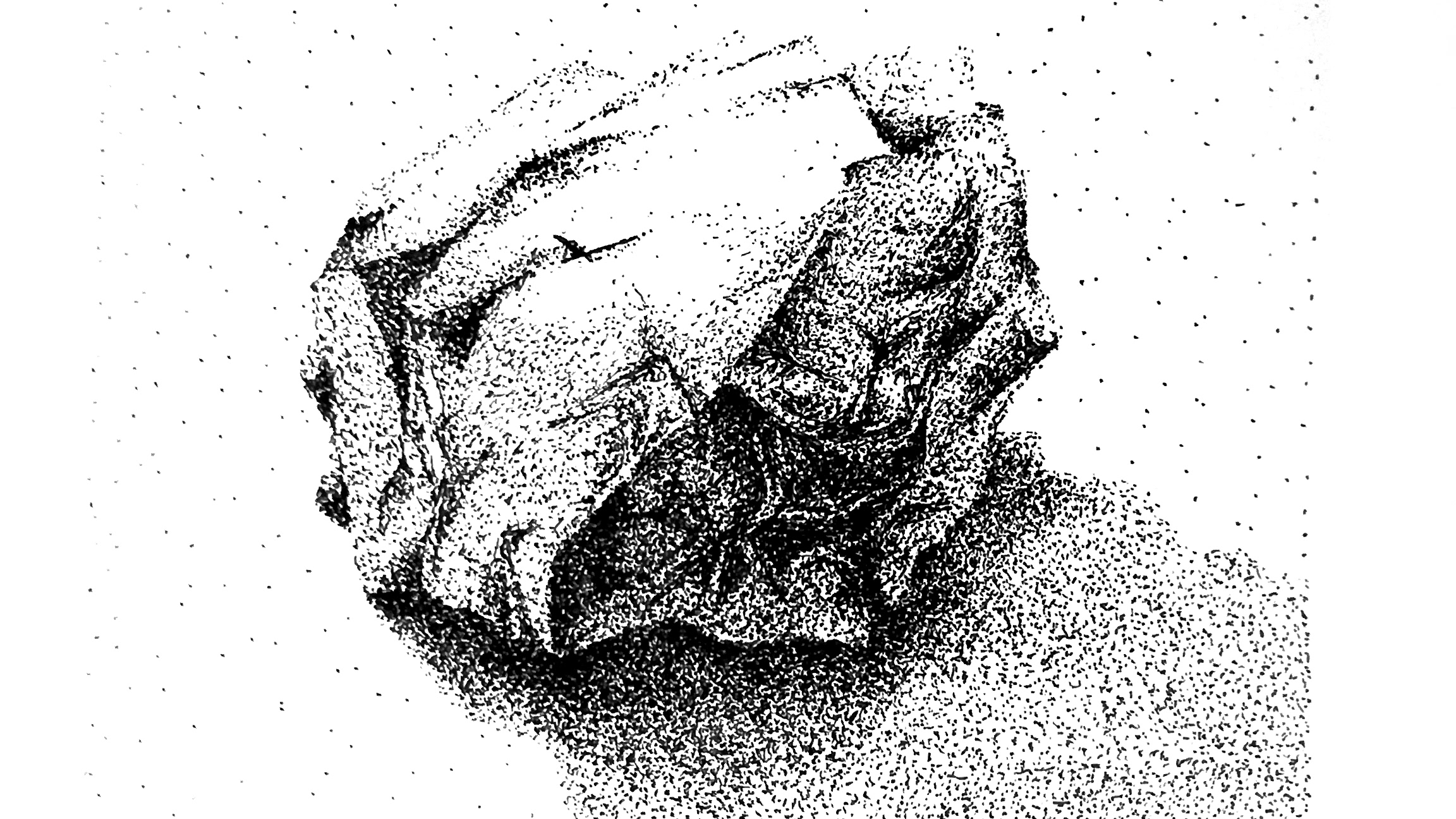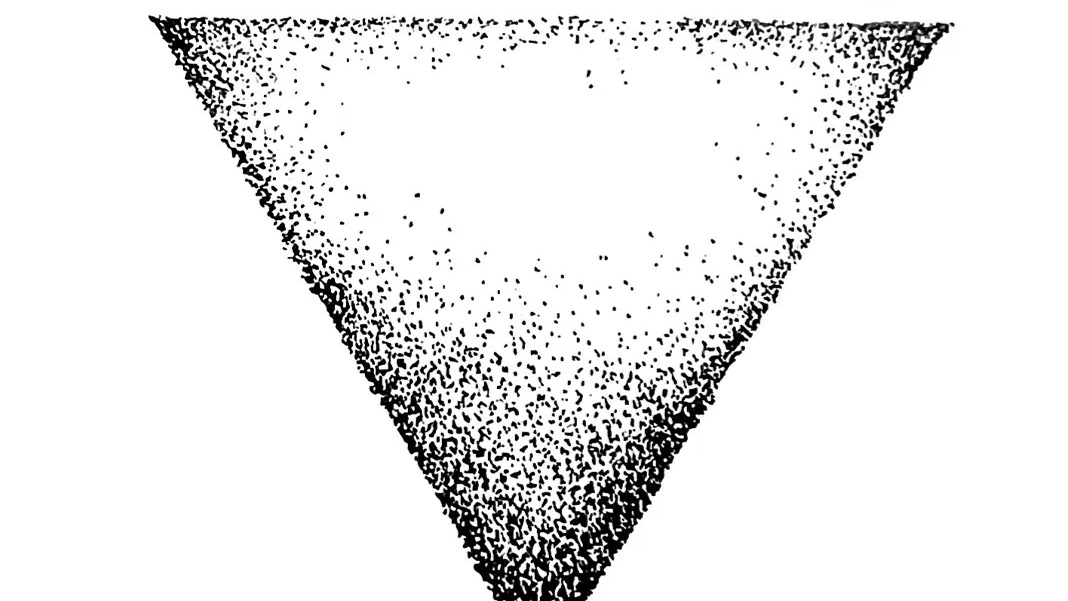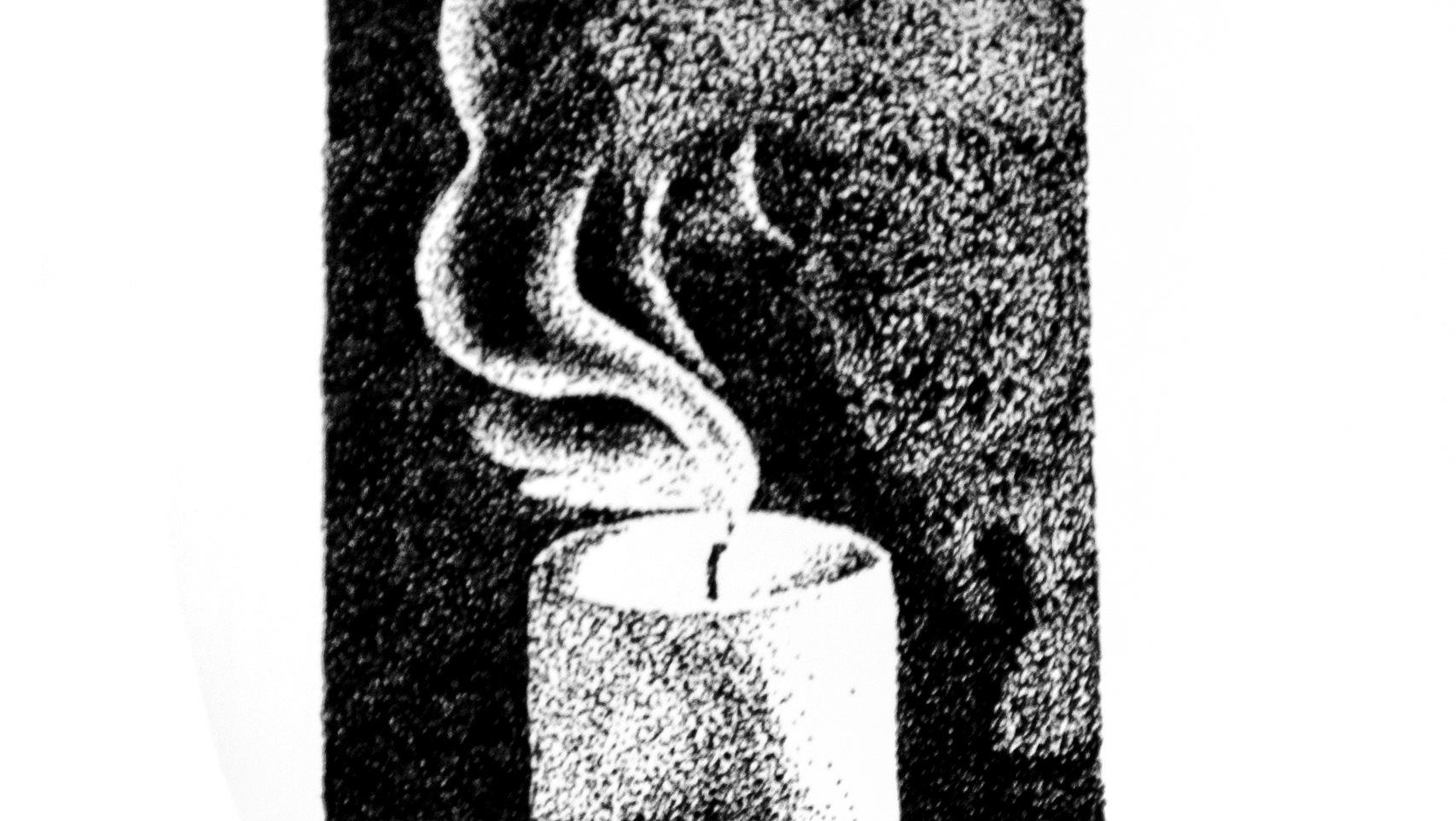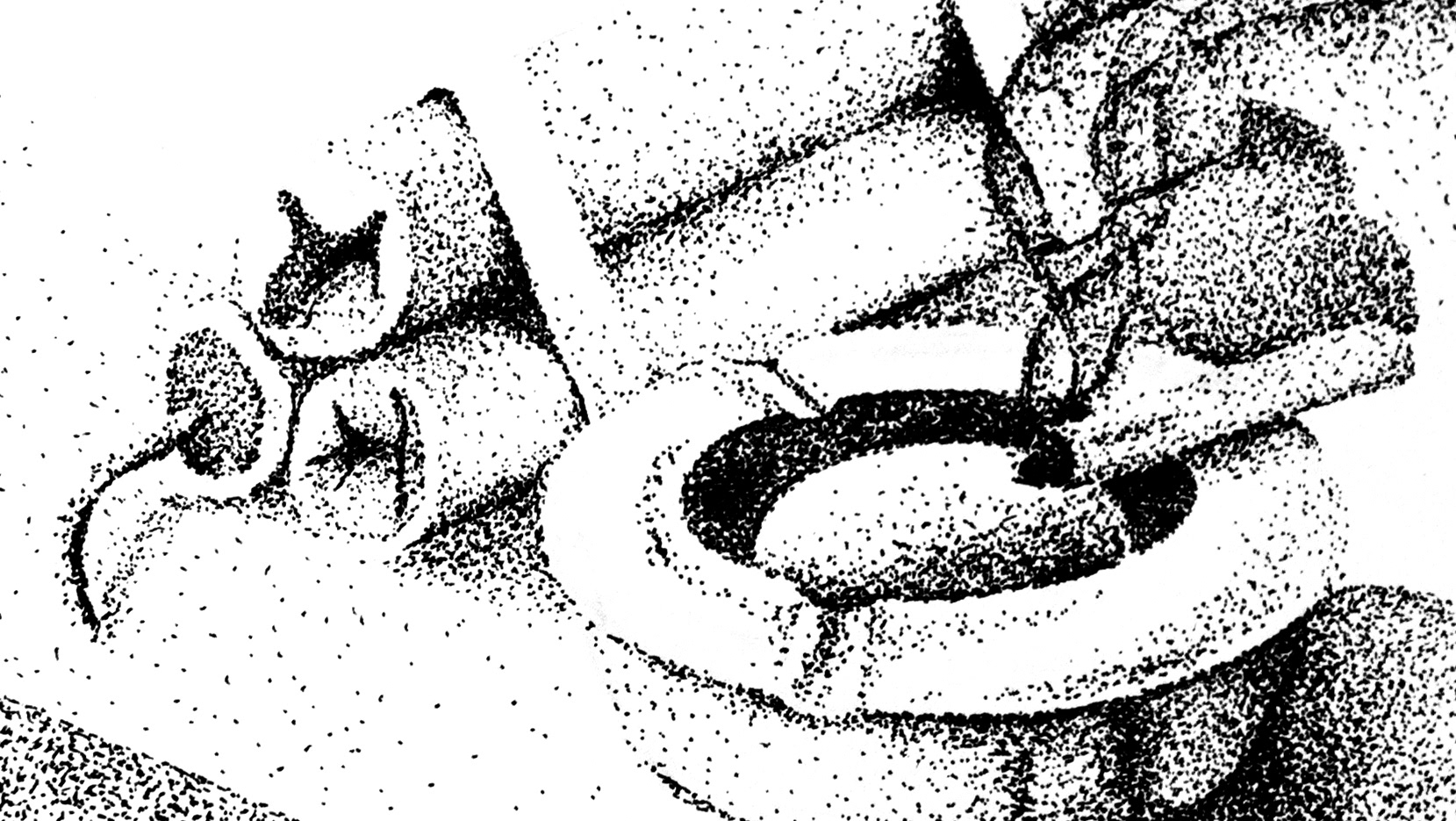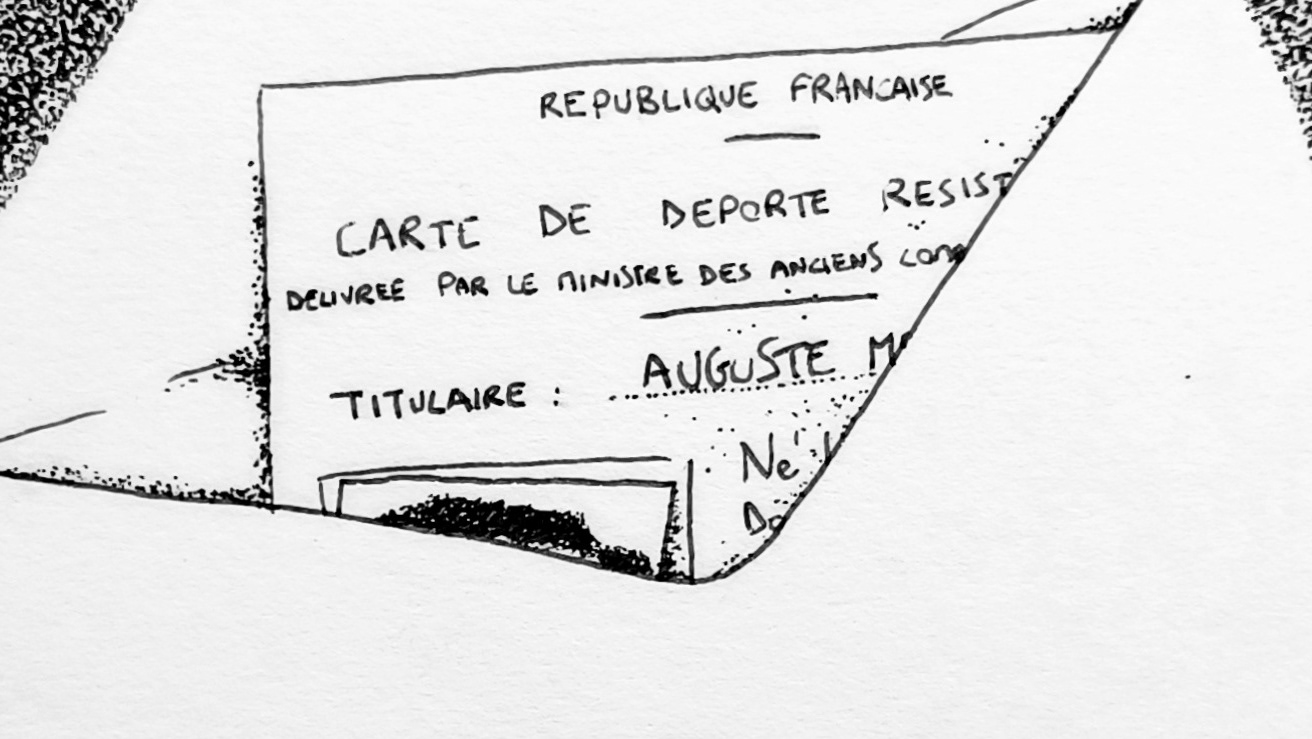Today is a day in summer 1944, maybe September, Andre Montagne is in the Revier.
There is much panic in the camp, the SS seem worried. It is difficult to get specific answers, but 2 things are now known. The americans have opened a second front in the West, they may even have troops already in France. A second front has to be bad news for Germany, it means they must put their forces in two places rather than one. Which brings us to the second news, the Soviet Union is coming. Germany is slowly losing ground against the Soviet Union, they are retreating. Victory is on its way, they may even arrive and liberate this camp. This place, this killing machine of a place, it will soon be liberated. There will be consequences to what has been done here.
Now the rumours are that the prisoners of Auschwitz-Birkenau will soon be transferred to another camp, Auschwitz-Birkenau will be evacuated soon. Maybe it will be destroyed, maybe the SS don't want any traces of this place, any evidence.
They already emptied parts of the camp... By killing everyone. The entire Tzigane population has been murdered. Next came the reviers of Birkenau the sicks were all murdered.
Now, the people in the Revier of Auschwitz wait, fearing that their turn will arrive soon, including Andre Montagne. One man doesn't look scared, he talks with everyone, reassuring, joking. This man is Benjamin Fondane, the poet.
2 years earlier, in summer 1942, André Montagne arrived in Auschwitz. He was to celebrate his 20 years anniversary soon, but his life was put on hold in Auschwitz, a new temporary life awaited, a life of pain and suffering. If he survived this, maybe he would get to find his old life back.
He owed his survival to his father, whom he learnt the basics of electric work from. It enabled him to be part of the electrician kommando, in Auschwitz rather than Birkenau.
He owed his survival to Maurice le Gal and Antoine Cortichiatto. They were in the same kommando, and Andre was afraid of Antoine at first, as he was an undesirable. But Antoine and Maurice protected him.
Andre lost some hope the day he learnt what part of his job was for. He had been working for a while on the installation of an electric system for a building. That building was a gas chamber, Andre didn't know, the Nazis made him participate in the extermination, against his will.
Andre went sick like many others. But his friend Robert Lambotte tried to protect him as much as he could, and through him, the Auschwitz combat group noticed him, Hermann langbein noticed him. The Auschwitz combat group was the formation of several resistance units, german, austrian, polish, Hermann Langbein and Ernst burger were prominent figures. They tried to save as many people as they could, as well as accumulating as many evidence as possible of the atrocities committed by the Ss. They also needed to make sure other groups would have strong members so they saved those they thought had potential, so they could create their own resistance groups, and then join the combat group. People like Robert Lambotte, Roger Abada, Georges Guinchan, Eugene Garnier, and now Andre Montagne. They gave him medicine, saved his life, Andre owed them too. Hermann made him a nurse in the Revier, it was difficult, but he did his best to treat, to protect, to resist. Later in, he would be assigned to another kommando, where he was tasked with the reception of packages. Any time a package was addressed to a deceased prisoner he would discreetly put it aside so it could be used by the combat group rather than the SS.
With the Allies drawing closer and the danger of the evacuations, Andre took a risk and decided to stay in the camp. Franz Danimann, member of the international resistance committee, used a needle and provoked a fever to Andre. He was then out of the evacuation list, yet also in danger inside the review.
Back to the present, it is the 17th of September, and Andre Montagne celebrates his 22nd birthday. Benjamin Fondane writes a poem for him about his fights, about his life. Andre is touched, it brings him a smile, a tear, it's almost as if Benjamin gave him a little bit of his own life with this poem.
Andre goes through the selection, yet Benjamin is nowhere to be seen. He agreed with Doctor Moscovisci to go work in a kommando for a few days, so as to avoid the dreaded selection. Yet another selection happens at work, and Benjamin does not pass.
Andre passes, Benjamin doesn't. Andre feels guilty, he wonders if that little piece of life he was given with the poem, maybe this is what made the difference in the selection. Andre owes him too.
The poet is no fool, he knows what awaits him, everyone does. 2 days later, when the trucks arrive to bring them to the gas chambers, Benjamin takes all his time, he makes sure his clothes are as straight and neat as possible, like a man ready to face his death, who wishes to be presentable enough when he does.
Benjamin Fondane leaves and fades in the mist.
“Remember only that I was innocent and, just like you, mortal on that day, I, too, had had a face marked by rage, by pity and joy, quite simply, a human face!” Benjamin Fondane
Notes
Thank you for listening to this episode of 31000/45000, the story of 2 trains of french members of the resistance. My name is Matthieu Landour Engel.
This episode is about Andre Montagne, the growing panic in Auschwitz-Birkenau, and an emotional meeting with a poet.
I feel that Andre Montagne was an incredible figure. He asked the historian Claudine Cardon Hamet to speak for him, to make his eulogy, at his funeral. Claudine Cardon Hamet is the historian responsible for the book Rzd triangles in auschwitz, she spent decades researching and talking to the remaining 45000.
With her authorization, I am translating an extract of this eulogy.
André Montagne died in the morning, on the friday 12th of May 2017. He was in his 94th year.zs he learnt he had the Alzheimer disease, he decided to face death, as he always did, as he had to when he was deported to Auschwitz, on the 6th of July, he was only 19 years old. He prepared his last moments, he transmitted his own archives and he asked me to be "the one speaking about him" when the time would come.
Andre didn't like talking about himself, neither did he enjoy the spotlight, so he rarely accepted to tell his story publicly - yet he spent so much of his time and energy sharing the story of his convoy, he wanted his suffering friends to be remembered, to exist.
I met Andre Montagne for the first time, in June 1986, as he came to ask to continue the researches on his convoy, which began in 1970 by Roger Arnould, deported to Buchenwald z'd researcher at the FNDIRP. Thanks to Roger's early discoveries, Andre wrote a remarkable article about this singular deportation, largely ignored. The newspaper "le monde" published that article on the 20th of June 1975. As Roger got weaker and weaker, Andre started to look for a historian, with the help of Marie-Elisa Cohen, deported in Auschwitz on the 24th of January 1943 as a member of the french resistance. They needed someone able to write a book, an university level piece on the 45000 convoy, named because of their Auschwitz identification number.
We can't evoque Andre without mentioning his tile in deportation. The first time we met, he told me a surprising thing: "my deportation to Auschwitz was an opportunity to me." It took me some time to get to know him better and deeper, during those long moments where he joined me in archive centers, or as I wrote about his past, only then did I reliase he wasn't joking.
I won't say too much as his biography is available on several websites "memoire vive of the 45000 and 31000 convoy to Auschwitz-Birkenau", and "Study circle on the deportation and Shoah-Amicale d'Auschwitz and of course the blog I co-created with my husband Pierre Cardon" Political deportations to Auschwitz, the 6th of July 1942 convoy. ".
Andre the son of a worker's family in Caen.
He was deeply influenced by his father, who worked at the Société métallurgique de Normandie, (la SMN) in Mondeville. Sometimes, he joined his father at the syndicate meetings CGT, as he was the treasurer. He met with valued activists, all attached to dignity, the defense of the workers rights, the spirit of solidarity and the dream of a fairer society, more humane.
In 1939, as he was in college, Andre also worked as a temp postman, at the Caen 's station, until the 10th of July 1940, and then as an electrician with his father, as he lost his job for participating in a strike, on the 30th of november 1938.
Member of the communist youth, Andre kept on campaigning, even in the clandestinity as all communist organizations were forbidden on the 26th of September 1939..
This is how he was arrested, on the 28th of January 1942, by the french police. With 7 friends, he was charged for "reconstitution of a dissolved organisation, propagation of directives and possession of leaflets". 8 months of prison later, he was freed on the 31st of July 1941, but he was now known as a communists element. He was therefore designated as a potential hostage, should a next attack or sabotage be committed by small communists resistants from summer 1941 onwards. On the 16th and 30th if April 1942, a train of german soldiers on leave from. Maastricht to Cherbourg was derailed. The death toll was heavy: 38 deaths and 41 hurt. Hitler orders the execution of hostages and the deportation of one thousand communists. Dozens of communists and french and foreign jews were arrested in the Calvados department during the early days of May. Hostages were shot.
80 more hostages (communists jewish, opposed to the nazi regime) are to be shot. Andre is one of them. But before they are to be sent to the Royallieu camp in Compiegne, a german officer let them know they were to be deported rather than executed.
Andre leaves the camp and the train station of Compiegne on the 6th of July 1942, in a convoy of 1175 men - including a thousand communists and around fifty jewish prisoners- in the name of the combat against the "judeo-bolshevism", accused to be responsible of all sabotages and attacks, according to Hitler.
Alongside the numerous hostages executions, this convoy is part of the retaliation system created against the first communist military actions.
The train arrives in Auschwitz on the 8th of July 1942.
It's impossible to lay entirely the 2 years Andre Montagne went through inside the Auschwitz main camp, his evacuation and subsequent liberation by the american army on the 5th of may 1945. Yet I would recommend you to read more on one of my books "1000 hostages for Auschwitz" and "Red triangles in Auschwitz" if you wish to understand more of what he went through. Repatriated by the french army, And was brought to the lutetia hotel on the 25th of May 1945. He was 22 years old and a half, he was part of the 119 survivors amongst the 1170 who entered the Auschwitz camp on the 8th of July 1942.
…
André Montagne is no more.
He was a good man. His modesty hid a man of great value, made out of bravery, loyalty, kindness to the others, aided with brightness and solid knowledge. During the long and painful years necessary to write the story of the 45000 convoy, he helped me constantly, he trusted me no matter what. He became a close friend, almost a brother despite our age difference.
Andre Montagne is one of those we can't forget.
This was an extract of Claudine's eulogy.
I would like to give you a few more informations regarding Benjamin Fondane. Benjamin was a romanian and french poet, filmmaker, writer, critic, affiliated to th dada, surrealism movement.
My sources for this story mostly come from the book Red triangles in Auschwitz, by Claudine Cardon Hamet, the website deportes-politiques-auschwitz.fr, memoire vive, the foundation for the memory of deportation website , the Maitron website, and the fantastic website auschwitz.org
Thank you very much for your attention, next episode will be about Simone Sampaix, Raymonde Georges and the colonel Fabien.
